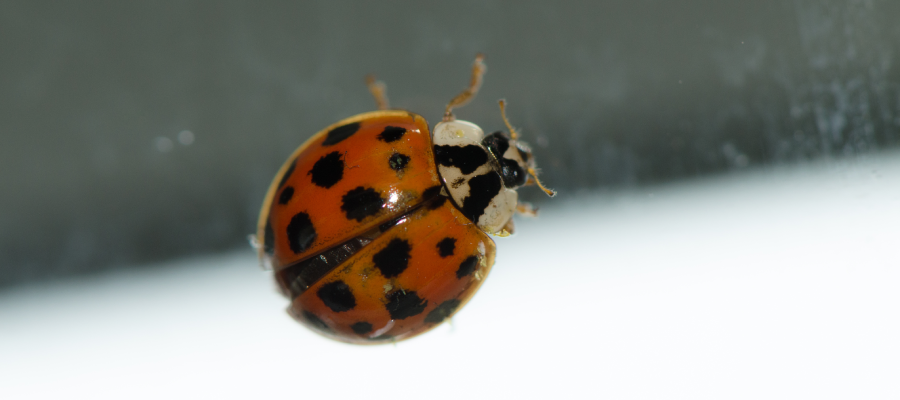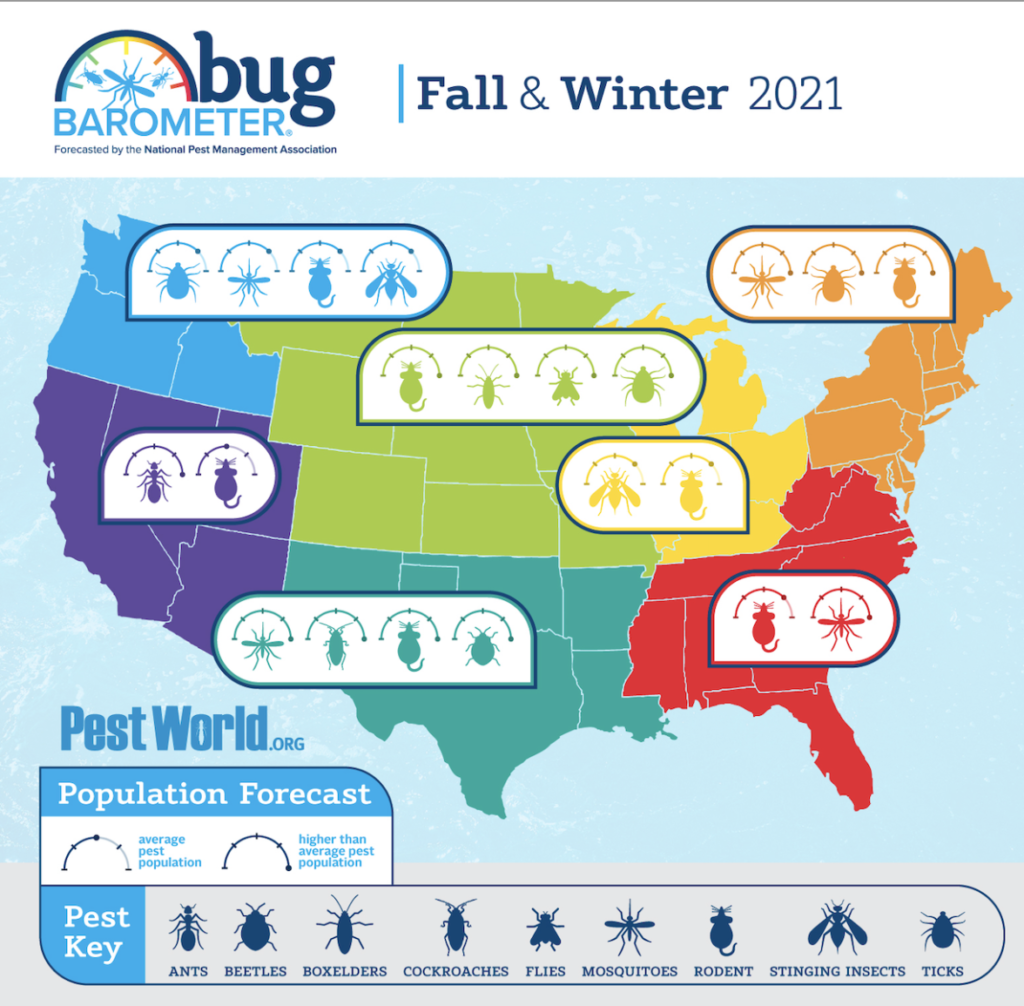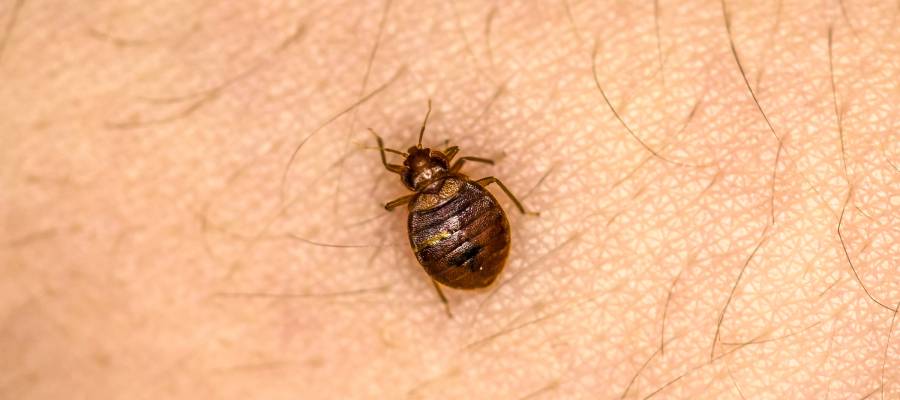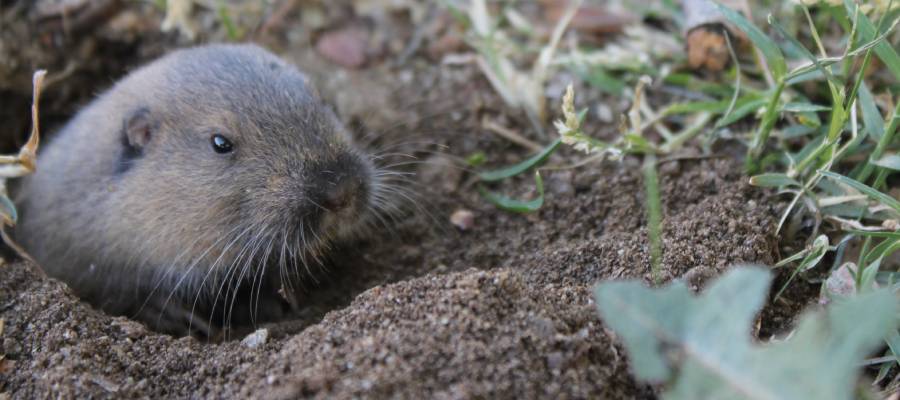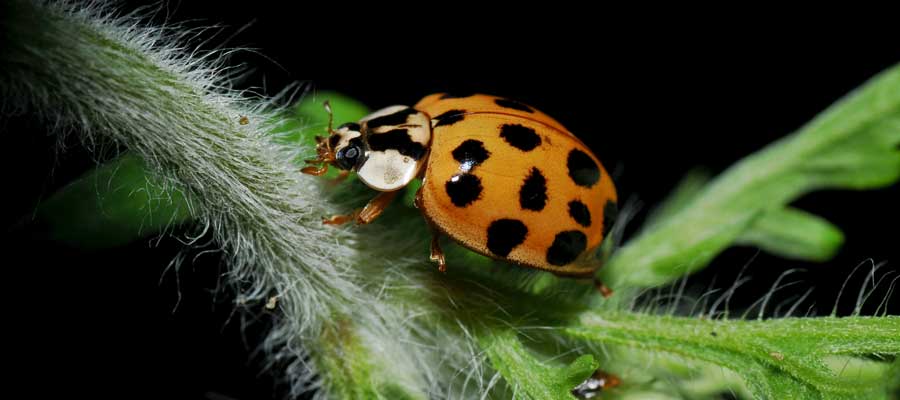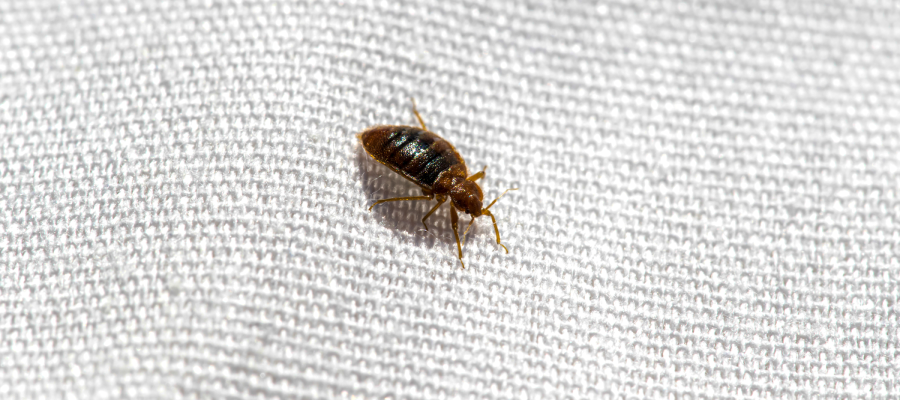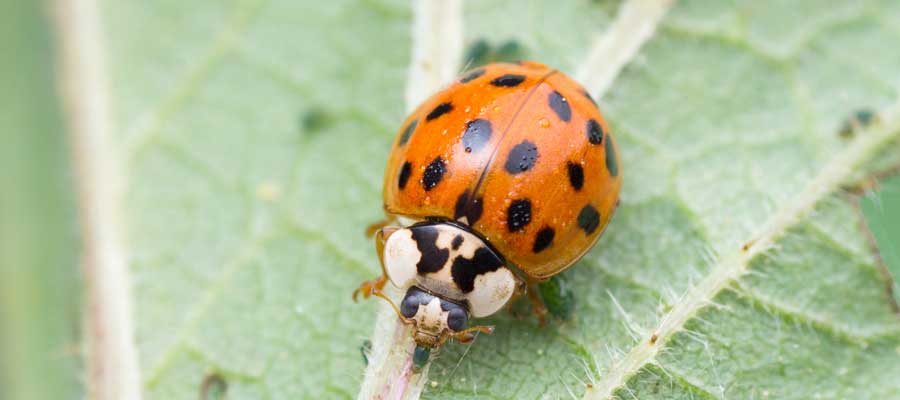You’ve heard the scurry of tiny paws across the floor, you’ve noticed a few gnawed-on cords—it’s time to face the facts. You have a mouse in your house. There’s no need to panic, but you do need to take action. Mice have one of the quickest reproduction rates and can cause quite a bit of destruction to your property. Letting the problem go on without taking the steps to get rid of the infestation is downright dangerous, especially considering the health threats posed by rodents. At Springer Professional Home Services, we are committed to providing our communities with the knowledge and resources they need on how to deal with infestations in their home. Read on to learn everything you need to know about getting rid of mice in your Iowa house!
Inspect Your Property For Mice
Before you do anything else, you’ll want to check the area where the mice are congregating. If there’s an obvious point of entry, you’ll need to address it promptly. Delaying action could lead to damage or danger in your home. Inspect the areas where a mouse has been spotted, and check for and repair any damage. This includes:
- Removing or repairing electrical cords
- Cleaning up any food or crumbs
- Removing mouse droppings and sanitizing affected areas
Once you’ve handled the immediate issue, you can begin to formulate your strategy. Focus on problem areas, and don’t ignore signs of a larger infestation.
Mouse-Proof Your Home
After you’ve taken care of problem areas, it’s time to mouse-proof your home. While it may take some time to eliminate the rodents that have already made it inside, there’s no reason to allow any more of their furry friends in your house. Start outside by inspecting the exterior of your home. Seal any cracks in the siding or foundation, and repair loose or damaged trim.
Once you’ve addressed external entry points, move inside and seal any holes with steel wool and caulk. Never underestimate a rodent’s ability to fit through an entry point, no matter how small. When it comes to mouse-proofing your home, it’s better to be safe than sorry.
Have a pest problem? We can help!
Setting Mouse Traps
Once you’ve eliminated the chances of future unwelcome house guests, it’s time to address your current mouse situation. There are various methods of extermination, but the primary option is the tried and true mouse trap. Here are a few tips to keep in mind:
- When available, choose a spring-loaded trap over a sticky trap. Mice are alive and can urinate when stuck in a sticky trap, and their bodily fluids can transmit diseases.
- You may need to try several different kinds of bait on your spring-loaded traps in order to find something that’s appealing to the mice in your home.
- Position spring-loaded traps perpendicular to the wall in areas with high mouse traffic, like behind a piece of furniture.
Get Professional Mice Control
Sometimes, despite your best efforts, you can’t eliminate the entire mouse population in your home. When damage continues and time drags on, it may be time to call in a professional rodent exterminator. Pest control experts will work with you to not only rid your home of vermin for good, but also to prevent future rodents from infesting your home. Some of the best rodent exclusion tips a professional will provide you with include:
- Keeping all food in sealed containers.
- Closing doors and windows when not in use.
- Repairing holes in siding, foundation, and screens.
- Using mousetraps in gateway areas like the garage.
- Scheduling regular pest control services.
If you’re fighting a losing battle against mice and other rodents, Springer Professional Home Services is here to help. Our experts can assess the situation, treat the problem, and protect your home from future infestation. Contact us today to get started!


